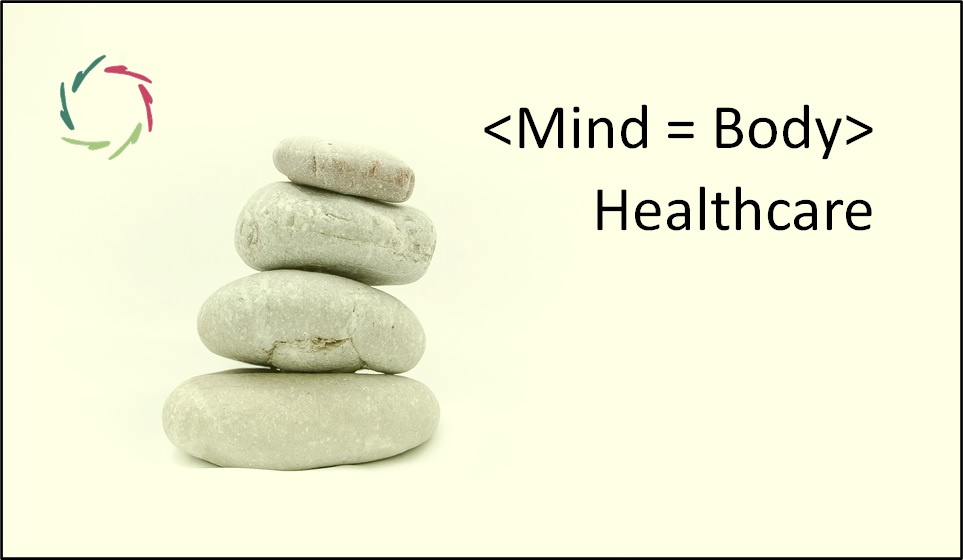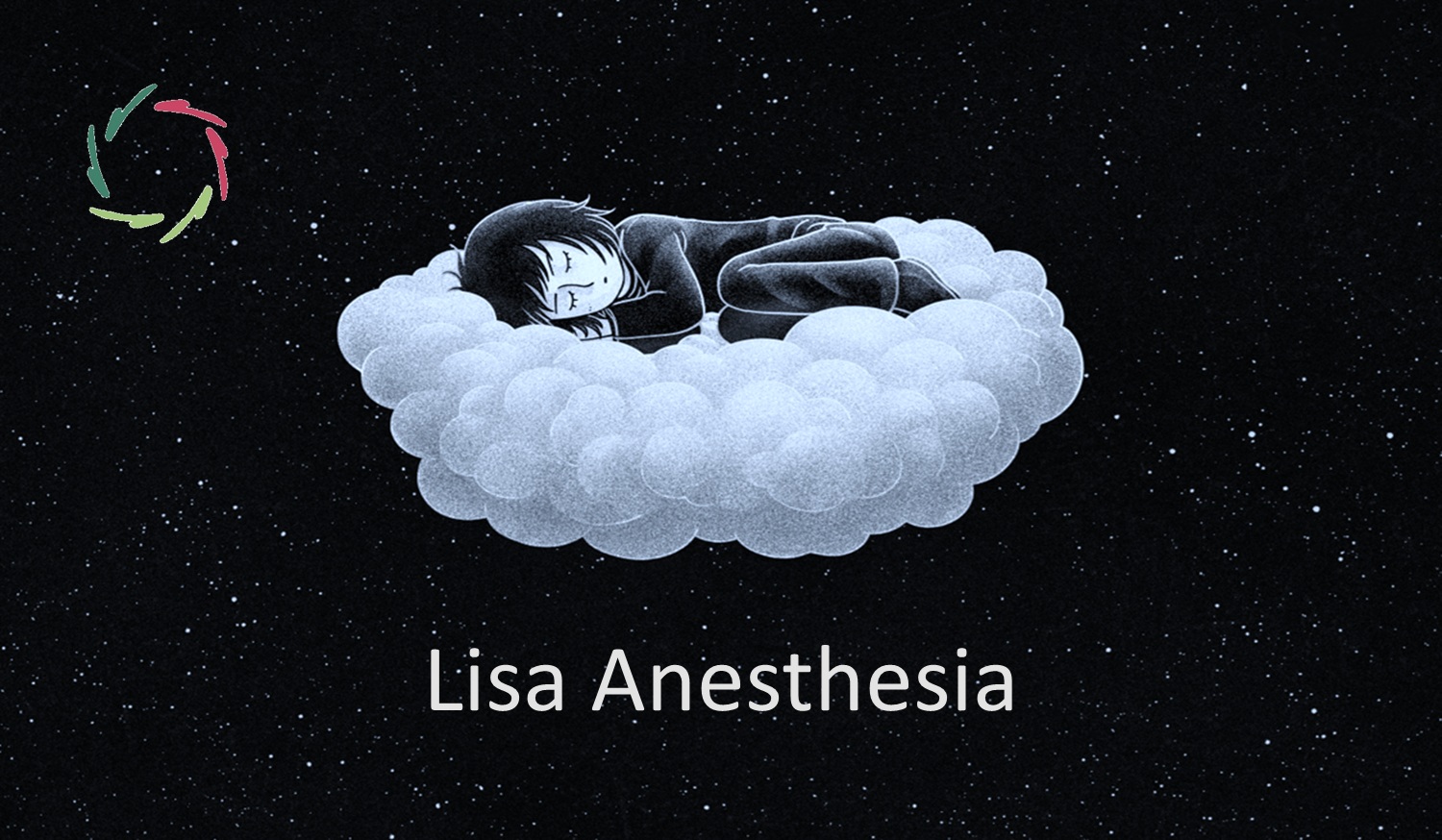< Mind = Body> Healthcare

This is bound to become the pinnacle of science in healthcare.
[see: “Fundamental Reality in Psychology“]
Psychotherapy imitating medicine
This is still the present-day situation, including diagnosis → therapy.
It makes psychotherapy a weak sibling of ‘big brother medicine.’ Striving to develop and use proper psychotherapeutic techniques in-imitation emboldens psychotherapy while pushing the domain into a construct, away from fundamental reality. [see: “Psychotherapy vs. Psychotherapies“]
Imitating medicine is not the best option.
Time to get real
Fundamental reality in psychology heightens psychotherapy’s scope at the cost (or fundamental opportunity) of not leaning on constructs, including theories and methods. If this leads to disillusion, better see it positively: getting rid of illusion, one gets open to what really works.
Much is at stake, including for patients/clients with psycho-somatic issues, of which there are many. [see: “Medically Unexplained Syndromes“]
Towards healthcare of peace
From the present take on medicine, fundamental reality wrongly appears to be bodily. With diseases as enemies and therapies as weapons, such medicine is, metaphorically, war-oriented. [see: “Medicine of war. Medicine of peace.“]
From medicine of peace, we can evolve towards healthcare of peace in which medicine and psychotherapy can be much more integrated.
Two possible mistakes
Within such integration, two possible mistakes become (even more) relevant:
- Psychotherapists may be wary of missing something physical in a patient who may get physically worse while being treated psychologically.
- One should also not underestimate the opposite. A physician may miss something psychological. The patient may get worse while being treated physically.
Of course, the mistake is not about physical vs. psychological origin but about which viewpoint is the best towards any concrete patient management.
An example: the domain of epilepsy.
This is a domain at cutting controversy between psyche and body, already for centuries.
In 5% of cases, there is a tumor or some other bodily cause involved. In such cases, therapy is mostly straightforward. In the additional 95%, the divide between psyche and soma remains debated, and so the controversy between ES and PNES (Psychogenic Non-Epileptic Seizures) will not easily be resolved.
From <mind = body> standpoint, there is no strict and cause-related dividing line between ES and PNES. One can better talk about EEG(+) and EEG(-) seizures. See my article at [see RG: “Psyche, Soma and Seizures“]. Thus, in <mind = body> healthcare, the psyche-stigma can be taken from any patient. All patients can and should be viewed from both angles, primarily without preference or prejudice for any of both. Any remaining divide should be relative. In this, mind-oriented management – exclusively or additionally – is probably always appropriate.
A clear and present danger: science versus many chosen ones
The <mind = body> standpoint needs a clear relation to science. Many ‘mind-body’ streaks see themselves as carrying the light without taking any care of science. If psychotherapeutic methodologies no longer make the scientific difference, then what does?
In my view, Compassion makes the main difference in practice. If – as I do – we want a scientifically oriented domain of psychotherapy, we can proceed in two directions (simultaneously):
- scientifically investigating Compassion, taking care not to analyze it away
- positing Compassion within a science-oriented environment
In both cases, science itself may be in urgent need to be deepened, taking into account the human being as total-person, including depth. So, there’s work ahead, towards rationality + depth. [see: “Rationality and Poetry“]
Then, and only then, can the patient/client really be put at the center.


